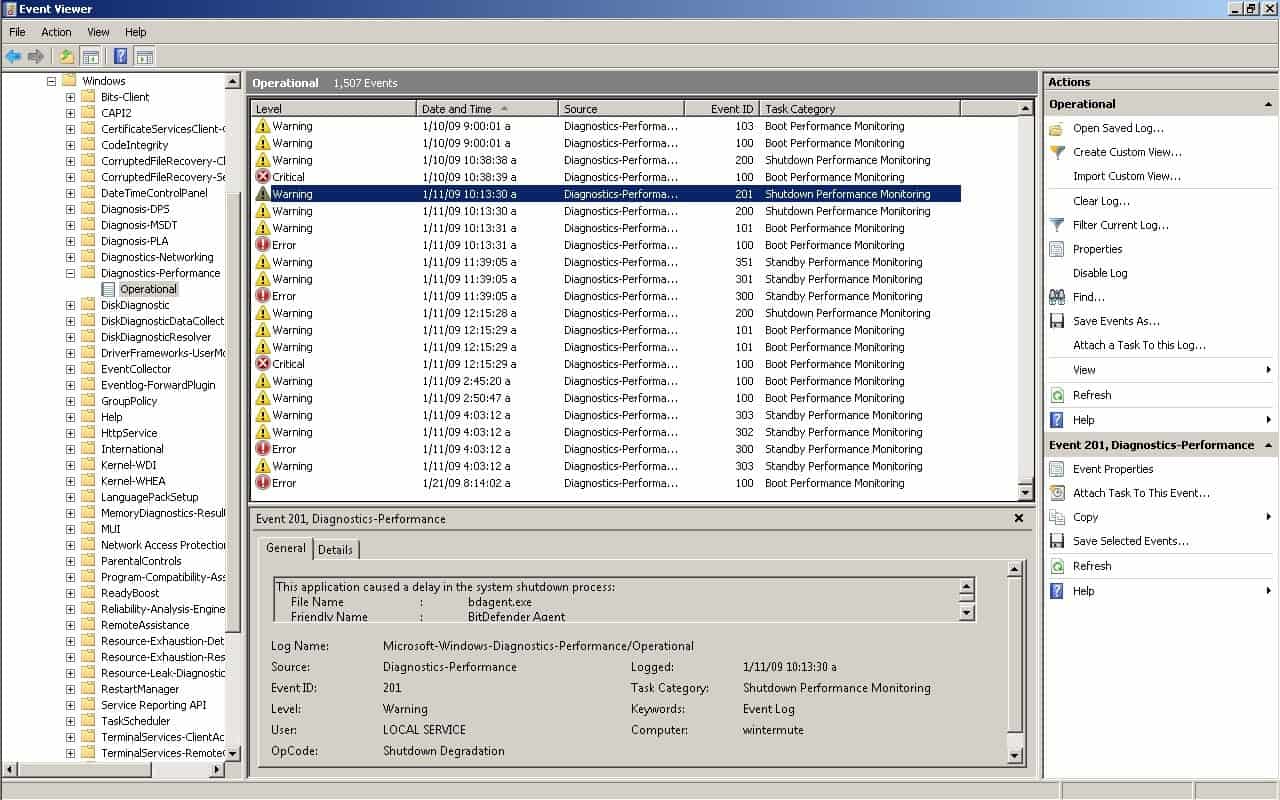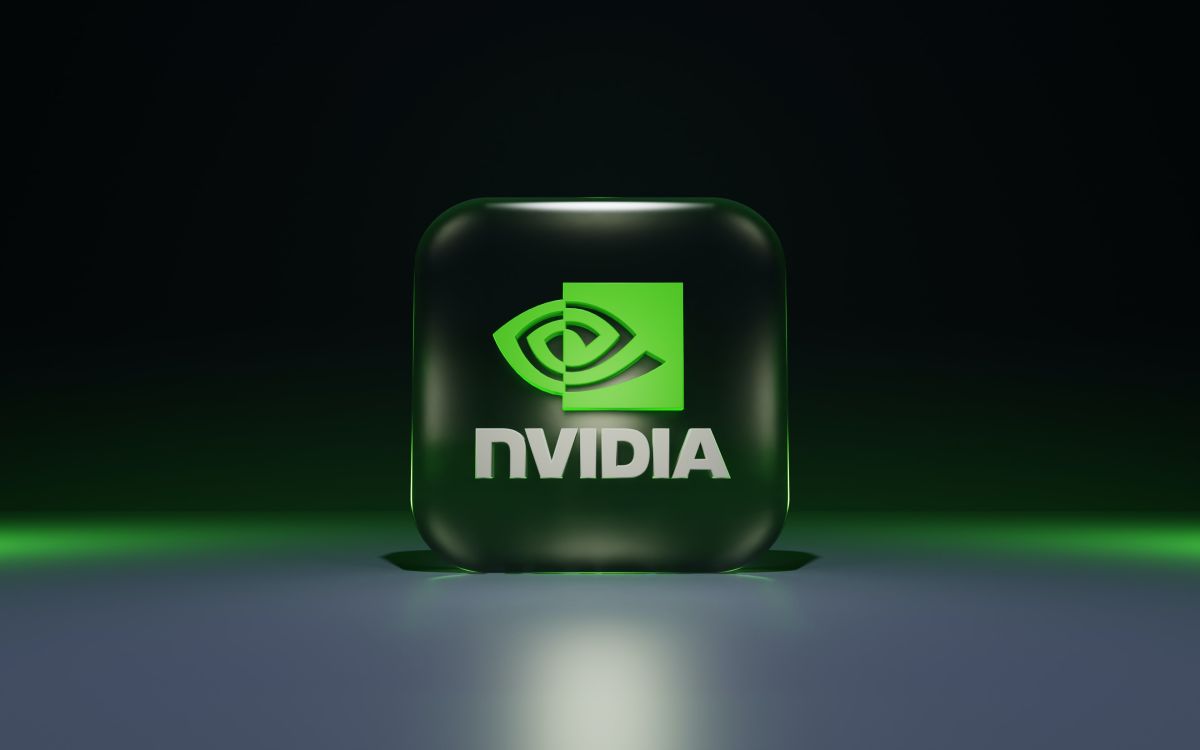Analyzing Windows Shutdown Performance

The shutdown of Windows takes only a matter of seconds usually before the computer powers down. It can take longer if commands or applications are executed at shutdown - like cleaning temporary files or the pagefile - or if a driver or program does not respond properly to the shutdown command.
One of the better additions of the Windows Vista operating system is the advanced Event Viewer that can be used to analyze Windows shutdown performance problems easily. The very same possibility will be included in Microsoft's next operating system Windows 7 and all future operating systems the company will release.
You can start the Event Viewer in Windows using the keyboard shortcut Windows-R, typing eventvwr.msc and hitting enter.
Navigate in the Event Manager using the menu on the left side using the following path: Applications and Services Logs => Microsoft => Windows => Diagnostics-Performance => Operational.
This will lead directly to the location that contains performance diagnostics not only for Windows shutdown but also for standby and boot performance issues.
A good way to start is to sort the columns by Task Category. Click on the Task Category title and look for Shutdown Performance Monitoring entries.
Each entry contains information about the application or process that was causing problems during shutdown including the time it took to shutdown that process. A process that takes very long to shutdown, especially if it is listed regularly, is likely the cause for the shutdown delay that you are experiencing while using the computer.
Once the process or application has been identified it is a matter of finding out why it is causing the delay. It could be outdated or incompatible with that version of Windows and to a lesser extent a faulty version or driver.
A good way to start is to look for updates for that software and install those if they are available. It might be easier on the other hand to simply deactivate or uninstall the software if that is possible, or replace it with software that does not cause these issues.


















Anything similar for XP?